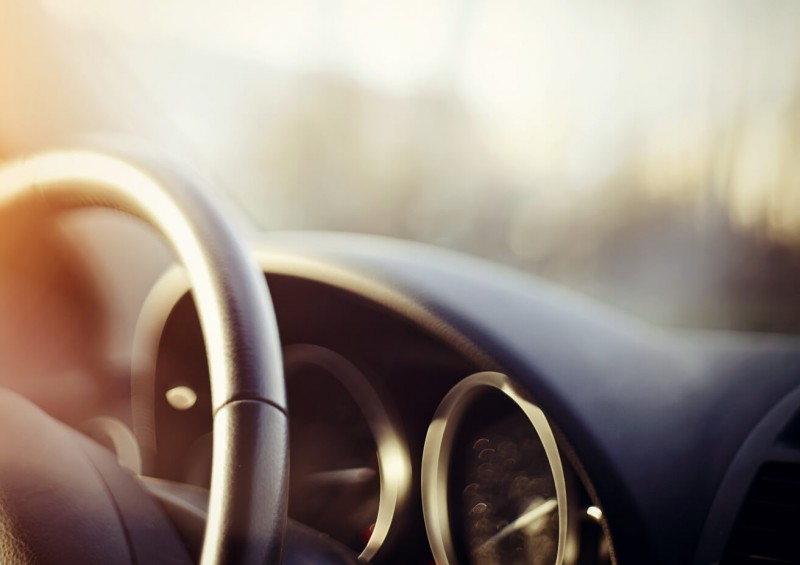Should You Buy or Lease Your Next Car?

For many, leasing a car can save money with the right finance contract, while for others, buying it may work out more financially beneficial. It's a good idea to weigh up the pros and cons of both before making a final decision.
Buying vs Leasing a Car
The Pros and Cons of Buying:
Pros |
|
Cons |
|
The Pros and Cons of Leasing:
Pros |
|
Cons |
|
Generally, leasing appears to be more beneficial, but it really depends on your needs and financial situation. If you would like help and advice on which option is best for you, don't hesitate to contact us today.
Depreciation
When deciding between buying or leasing a car, you need to consider the depreciation value. For many, it is the biggest factor when choosing a car, as it can really affect the overall cost of your vehicle.
Depreciation is when the value of a brand new car decreases over time due to general usage and wear and tear.
Ultimately, it is the difference between the amount you paid when you bought it and the value it will be when it comes to selling or part-exchanging it later.
It all depends on the type of car you want and need. If you bought a car for £10,000, for example, you might be losing around £2,000 a year because of depreciation, and it could end up with a selling value of around £4,000 after three years.
If you spent £50,000 on a car, the depreciation could mean losing out on around £10,000 a year, which is a significant financial loss.
Leasing a car means you don’t have to worry about the depreciation value – you simply get a brand new car at the end of the contract and you don't need to be concerned with selling it.
See our full guide Depreciation Explained for more information.
Is it Cheaper to Lease or Buy a Car?
If the car you want is going to depreciate, which is often the case, you’d be saving money by leasing it.
However, if it is going to end up with a resale value you’re happy with – you’d be better off buying the car. Try to get a predicted depreciation value of the car for after three years, and then you can weigh up your options.
Another important factor is mileage. If you travel a lot, take into account how much that is going to cost you over three years and compare it to the price of leasing a car in total. We can help with all of this, just contact us today for further advice.
Personal Contract Purchase (PCP)
This is similar to a leasing contract, but it gives you the option to buy at the end of the term. As usual, you pay a deposit and keep up with monthly payments – then when the contract expires, you can make a balloon payment to keep the car or you can return it to the leasing company.
So, looking at the depreciation – if the car is going to be worth less than the original value by the end of the contract, you can hand it back and get another new model. Or, if the value has remained the same or increased, you can keep it and then sell it if you wish.
Due to its flexibility, approximately 80% of new cars are sold on a PCP contract, according to the Society of Motor Manufacturers and Traders (SMMT).
For more detail about a PCP contract or the various ways to finance a car, see our page What is Car Leasing or contact us today for expert advice.
The Best Car Leasing and Finance Deals in the UK
If you’re unsure whether you should buy or lease a car, contact us at Complete Leasing today to speak to one of our experts in vehicle leasing and car finance.
We can find you the car you want and give you the best price based on your needs.




































